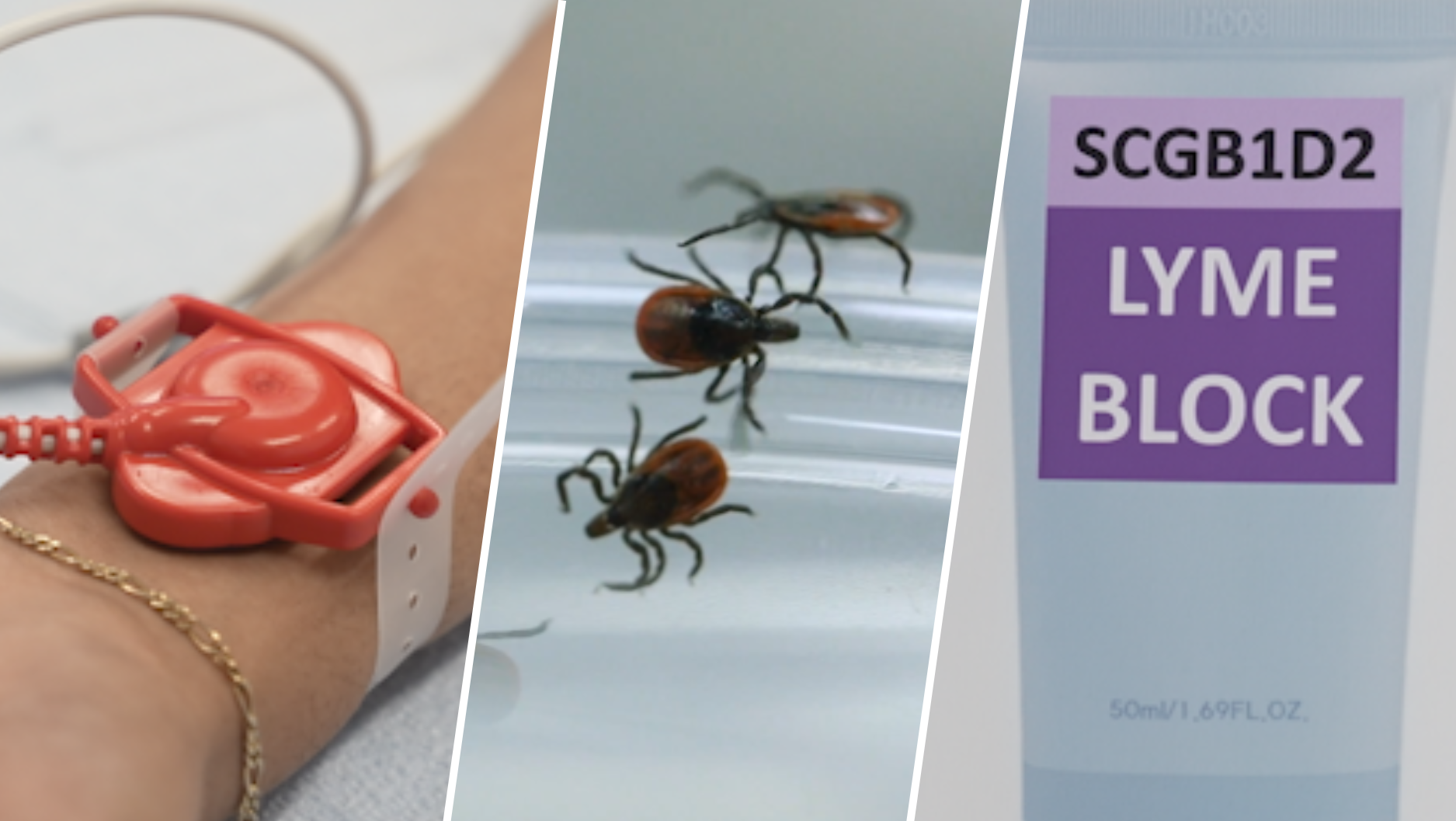Many of us need to take medication everyday, and for some people, it's a lengthy daily regimen of prescriptions to manage our health.
It can be an overwhelming workload, though, for doctors and pharmacists to track all of their patients' prescriptions, according to Dr. Lisa Rotenstein. She is a primary care provider, who previously worked at Boston's Brigham and Women's Hospital, but is now based in California.
"These are people who are in our daily lives, many of the people who we interact with on a day to day basis likely have more chronic conditions than we realize and are on many medications," Dr. Rotenstein said.
She's leading a study at Brigham that is testing how artificial intelligence can help providers to track patients' medication.
Get New England news, weather forecasts and entertainment stories to your inbox. Sign up for NECN newsletters.
"The ideal is actually to be able to have a holistic view of their care and to be able to advance their care, even when they are not physically in front of you in the clinic, which is certainly not possible to do in a one by one medication list review approach," Rotenstien said.
That's where FeelBetter comes in. Established in Israel in 2018, the company has expanded to the United States and is partnering with Brigham on this study to bring AI pharmacy management to patients.
In a nutshell, FeelBetter's product is able to analyze patients' health records, including their medications, scanning for potentially problematic combinations and opportunities to streamline treatment.
"To scale the work of clinical pharmacist and physicians, and to make them as a super clinical pharmacist and super physicians," FeelBetter co-founder Liat Primor said. "To be able to see the whole population, to be able to see much more of the time that is given."
The AI will recommend interventions for the highest-risk patients, which are then reviewed by a care team. The care team will tell the patient about the flags caught by the software if the providers find that the medication changes are appropriate. The AI also tracks patients' progress until they're better.
"Making sure that things are appropriate, and they're not having unwanted interactions," Rotenstein said. "For example, when you take multiple medications together they can make you dizzy. They can make you confused. And so, it will ultimately help patients, by ensuring that they are on the right regimen."
The AI tool, essentially setting out to help providers extend their care far beyond what's possible for one person, and keep those most at risk out of the hospital.
In the end, the purpose is to make people that have complex and chronic disease and medication have a better quality of life," Primor said. "And, I think that it's important in every day that I'm waking up, is to remember."
The ongoing study will eventually enroll about 450 patients at Brigham's Phyllis Jen Center for Primary Care.



